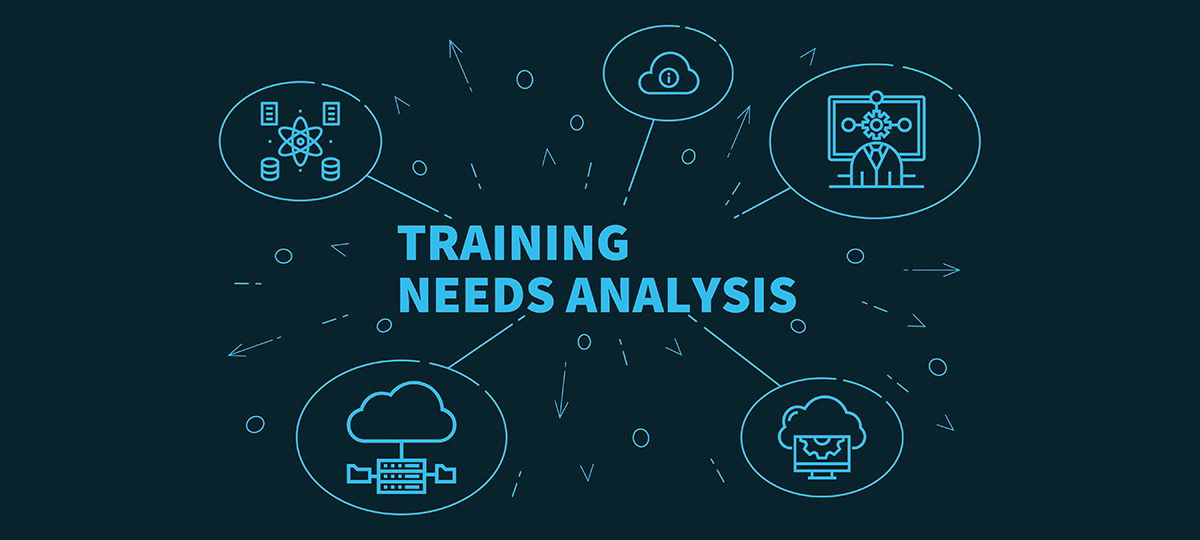In today’s competitive business landscape, mastering B2B sales strategies is crucial for professionals looking to excel in corporate sales development. Unlike B2C transactions, B2B sales involve complex processes and long-term relationships.
In this blog, we will explore effective strategies for successful B2B sales that can help you navigate these complexities and achieve desired outcomes.
Understanding the B2B Sales Cycle
The first step towards successful B2B sales strategies is understanding the unique dynamics of the sales cycle.
- Unlike traditional consumer-focused transactions, B2B sales are characterised by longer decision-making timelines, multiple stakeholders involved and a more consultative approach.
- By mapping out each stage of the B2B sales cycle, from prospecting to closing deals and nurturing client relationships, you can align your strategies accordingly.
Relationship Building in Corporate Sales
Building strong relationships with clients is a fundamental aspect of successful B2B sales. In corporate sales development, trust and credibility play a significant role in influencing buying decisions.
- To establish meaningful connections with potential clients, prioritise personalised communication over generic pitches.
- Invest time in understanding their pain points and challenges before presenting tailored solutions.
- Additionally, networking events and industry conferences provide excellent platforms to initiate conversations and foster long-term partnerships.
Effective Negotiation Tactics
Negotiation skills are paramount in achieving successful outcomes in B2B sales.
- To negotiate effectively, it is crucial to research your client’s needs, priorities and competition beforehand.
- This knowledge will enable you to position your products or services as valuable solutions rather than mere commodities.
- Focus on demonstrating how your offering aligns with their specific requirements while highlighting unique selling points that differentiate you from competitors.
Customising Solutions for Corporate Clients
One size does not fit all when it comes to corporate clients’ needs. Tailoring solutions to address specific pain points is essential in B2B sales.
- Before approaching potential clients, conduct a thorough Training Need Analysis (TNA) to identify their specific challenges and requirements.
- By aligning your offerings with their training needs, you can position yourself as a trusted advisor who understands their business goals.
- This approach not only enhances the chances of closing deals but also fosters long-term partnerships.
Cracking the B2B Code
When it comes to implementing a comprehensive TNA, Hero Mindmine offers industry-leading solutions.
- With their expertise in corporate training and development, Hero Mindmine provides organisations with bespoke TNA services that help identify skill gaps and design tailored training programmes.
- By partnering with Hero Mindmine, you can ensure that your B2B sales strategies are backed by data-driven insights and comprehensive training solutions.
Successful B2B sales require a strategic approach that recognises the unique complexities of business-to-business transactions. By understanding the B2B sales cycle, building strong relationships, employing effective negotiation tactics and customising solutions for corporate clients, professionals can increase their chances of achieving desired outcomes.
If you want to enhance your skills in corporate sales development and learn more about effective B2B sales techniques, consider exploring the courses offered by Imarticus Learning.
Imarticus offers specialised courses designed to equip young professionals with the practical knowledge and skills required for success in the dynamic world of B2B sales. Visit our website today to learn more and take your career in B2B sales to new heights.






